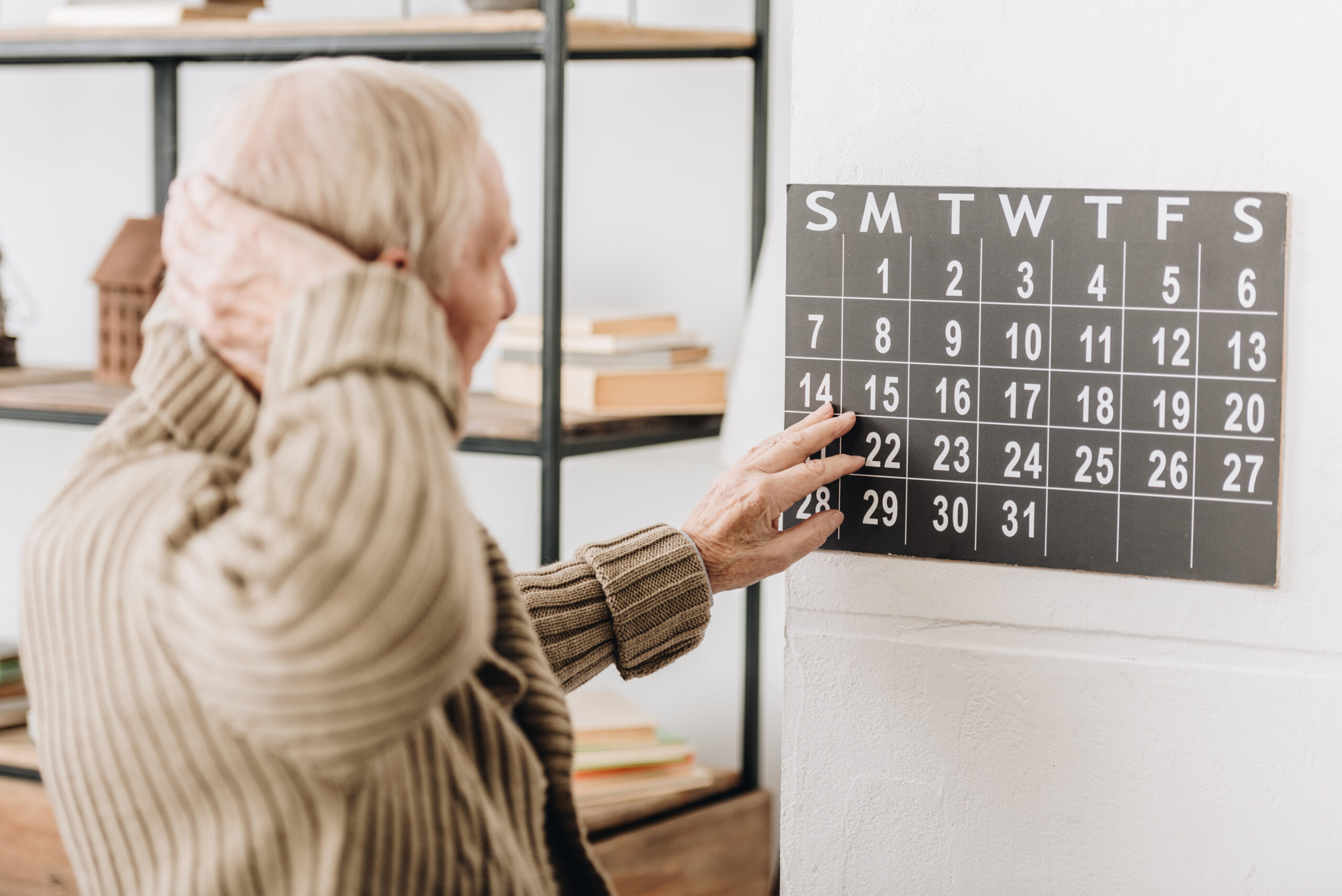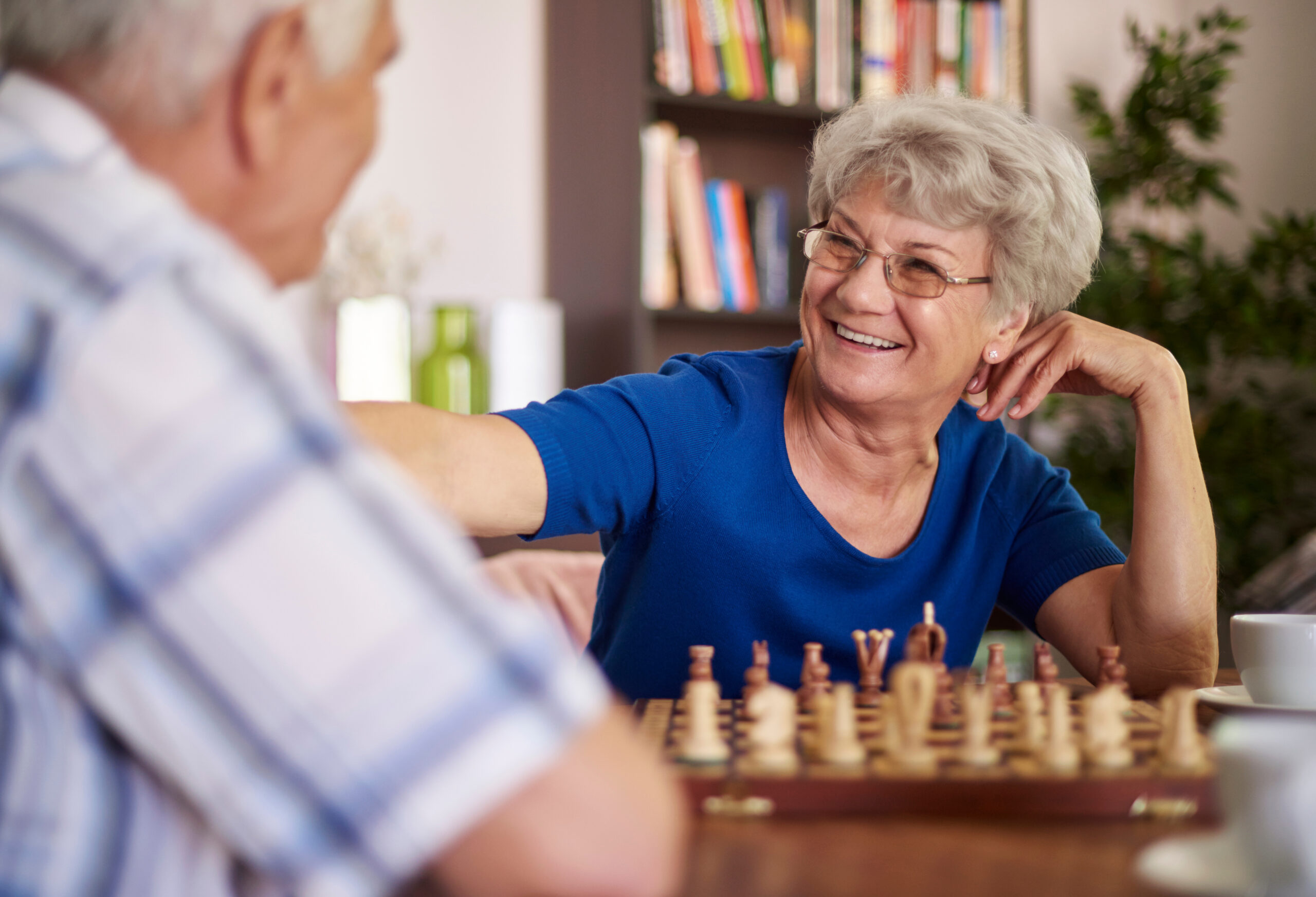Psychological Impact of Aging Skin: Self-Esteem and Confidence
As we age, our skin undergoes significant changes that can affect not just our physical appearance but also our mental well-being. The psychological impact of aging skin can be profound, influencing self-esteem and confidence in ways that are both subtle and profound.
One of the primary concerns with aging skin is the visible signs of aging, such as wrinkles, fine lines, and age spots. These changes can make individuals feel less attractive and more self-conscious about their appearance. This heightened self-awareness can lead to a decrease in self-esteem, as people may feel that their aging skin reflects negatively on their overall health and vitality.
Moreover, the societal pressure to maintain a youthful appearance can exacerbate these feelings. Media and advertising often emphasize the importance of looking young and vibrant, creating unrealistic beauty standards that many people feel they cannot meet. This can lead to feelings of inadequacy and low self-esteem, particularly among women, who are often subjected to more stringent beauty expectations.
Beyond the aesthetic concerns, aging skin can also be a source of discomfort and health issues. Conditions like dryness, itchiness, or sensitivity can be distressing and affect daily life, further impacting mental health. For instance, chronic skin conditions such as eczema or psoriasis can lead to anxiety and depression due to the stress of managing symptoms and the unpredictability of flare-ups.
Psychological stress, in turn, can have a vicious cycle effect on the skin. Stress activates the body’s stress response, releasing hormones like cortisol, which can accelerate skin aging and worsen conditions like acne or eczema. This interplay between psychological stress and skin health highlights the importance of addressing mental health alongside physical health.
To combat the negative psychological impacts of aging skin, it’s essential to adopt a holistic approach to health. This includes not only skincare routines and treatments but also stress management techniques, such as meditation or exercise, which can help reduce stress and improve overall well-being.
Additionally, fostering a positive body image is crucial. This involves recognizing that beauty is not solely defined by youthfulness and that aging is a natural part of life. Encouragingly, there is a growing movement towards embracing aging and celebrating the beauty of all ages, which can help alleviate some of the societal pressures that contribute to low self-esteem.
In conclusion, the psychological impact of aging skin is multifaceted, affecting self-esteem and confidence through both physical changes and societal expectations. By addressing these factors holistically and promoting a positive body image, individuals can better navigate the challenges of aging skin and maintain a healthy and confident outlook on life.





